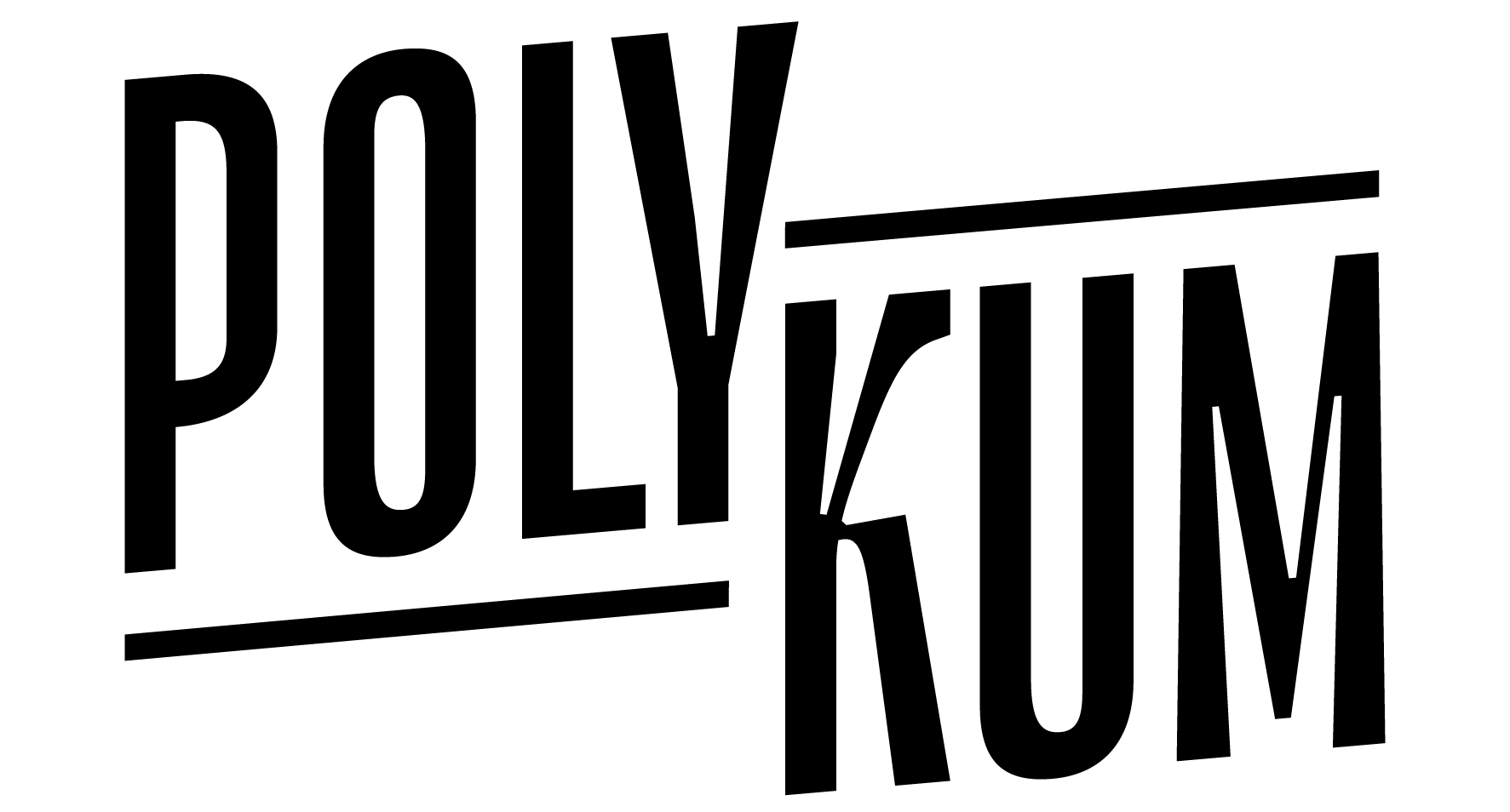Tuesday
I stopped on the sidewalk today as I approached two teenagers who propped a phone up on a bench and were starting to record a TikTok dance. I stopped, not because I didn’t want to interrupt their recording – though they thanked me for stopping and I nodded and smiled and then chuckled under my breath – but rather because I didn’t want my face to be in the background of this video that would end up who knows where! Do I trust these teenagers to not upload this video somewhere sketchy? And even if it’s “on the cloud,” can I be sure that my face is not going to end up in a dataset somewhere with no way for me to know or do anything about it?? Am I catastrophising?? It was just a TikTok video!
Wednesday
Okay, I’m calmer about it today. I thought about it and chatted with my friends about it to pick their minds… and well, I still don’t really know when public photography starts to become surveillance. I mean, that was my ultimate concern, right? Being surveilled? Swarm surveilled even. There’s also a new set of Meta glasses out with even better cameras. So many people are already constantly recording! How much worse will it get with these!
*deep breath*
Back to the calmer point. I chatted with my friends about this and they had some interesting takes. I just asked them the literal question of when public photography becomes surveillance, and the answers varied.
First the “data” perspective: ‘when the image datasets exist it is already surveillance’ one of them said, or ‘when biometric analysis can be done on the data at scale’ said another, and finally ‘as soon as there is very centralised ownership of the data!’ That’s all fair and good and reflects my worries perfectly well, I felt validated!
Others, however, also answered this question a little bit more abstractly: ‘when there is some kind of “surveillor,” human or machine, which can extract useful data or value from your image,’ or someone else bringing up actually that ‘this data just needs to be regulated, because surveillance can help keep our communities safe or lets parents know where their children are! I mean, we can’t get rid of everyone’s phones and cameras, right?’ So okay, they’re right, we can’t take people’s phones away. But I don’t know if this is something worth worrying about…
If I look at the world around me, I live in Zurich and pass through the city centre ALL THE TIME. There are always so many people around, tourists or otherwise, taking pictures and videos all around, and the one I find hardest to escape is at the Polybahn! But these people’s pictures are ending up on what? Their iCloud? That’s secure enough, but if it’s on Instagram or TikTok or somewhere else, then I’m just unwillingly part of a dataset somewhere by default?
Have you had a similar conversation with yourself? Did this spark new questions for you? Come share your thoughts at our Ethics Forum events!
Join our Signal group to stay updated and get announcements!
* This text is inspired directly by our conversation at a previous ETHxChange weekly Forum.
Every Wednesday, come and meet with friends, have some tea or soup, and chat about Ethics and ETHZ!
6 pm – 8 pm
@ ISTP Lounge,
Universitätsstrasse 41
Manthan Gadhia
